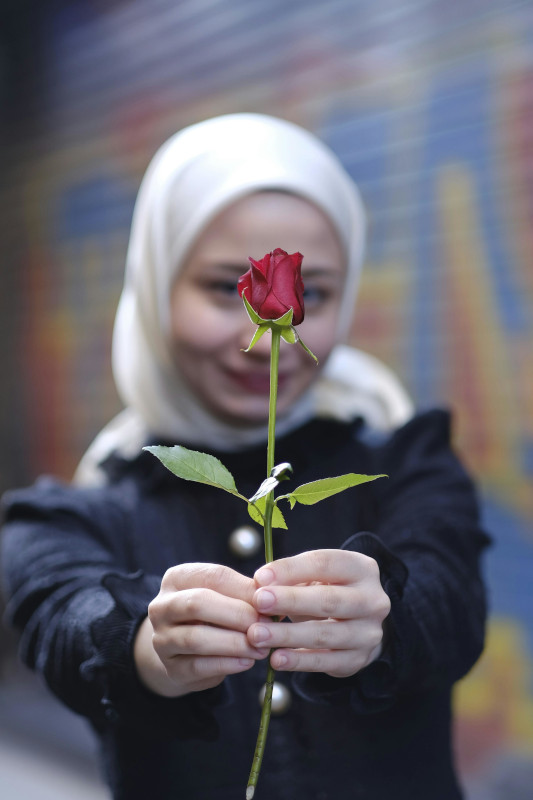
World Islamic Veil Day
February 1, marks World Islamic Veil Day, amid consensus and protest. Important to open the debate
Called “World Hijab Day,” it is World Islamic Veil Day, launched in 2013 by Bangladeshi activist Nazma Khan.
The aim is to break down some stereotypes about this controversial garment by inviting all women, including non-Muslims, to wear it for a day.
The hijab should be a choice, not an obligation; on the other hand, it should also not become a reason for hatred and insults, as is often the case. The Day’s promoter herself has recounted in many interviews that growing up in the Bronx, New York, she experienced a lot of discrimination. “In middle school, I was either Batman or I was a ninja. When I went back to school after Sept. 11, 2001, I was either called Osama bin Laden or a terrorist.”
More than 150 countries are participating in this Day, and there are numerous events aimed at raising awareness that the veil is an expression not only of religious freedom but also of one’s cultural identity. For example, at the 2022 International Women and Justice Summit in Turkey, Nazma Khan spoke on the discrimination that affects Muslim women who wear the hijab in public and in the workplace.
On the opposite side, there are women and entire movements that oppose this Day, such as Iranians who in protest of the killing of Mahsa Zhina Amini, burned the hijab publicly in the streets.
Different interpretations and visions, then, but World Islamic Veil Day can certainly contribute to discussion and reflection. And if hijab means “to make invisible, to conceal from the gaze,” it is important to shed light on an issue that affects so many women around the world, with respect for what is different and in the interest of protecting freedom in every case.
